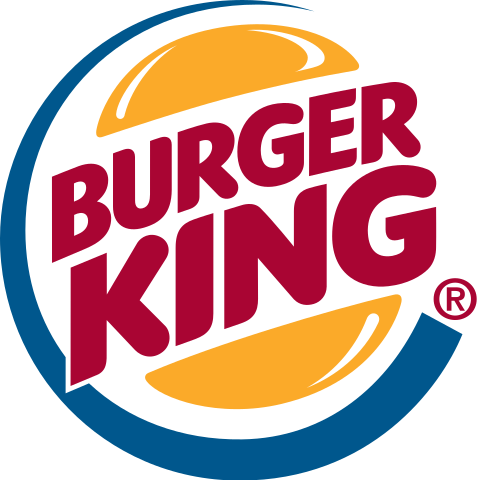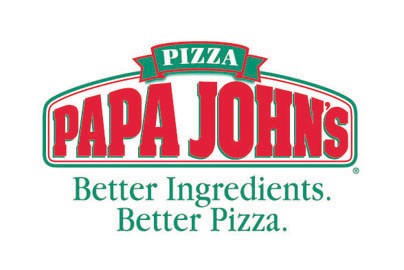Total quality management (TQM) is defined as “managing the entire organization so that it excels in all dimensions of products and services that are important to the customer.” As the definition states, this philosophy concentrates on quality as a primary component of the organization’s drive for competitive advantage. Marketing decision-making is directly effected by such a system because quality is a component of product/service design and can be an important decision-making criterion employed by potential buyers. The TQM model goes beyond product and service quality, however, and suggests that a highly structured system of management that emphasizes mechanisms like control and punitive action which stifles people and ultimately hinders an organization’s attempt to produce quality products and services.… Read the rest
Quality Management
Case Study of Burger King: Achieving Competitive Advantage through Quality Management
Burger King Corporation (BKC) is the world’s second largest fast-food hamburger chain which trailing only McDonald’s. Over 11 million customers visit their restaurants worldwide each day and over 2.4 billion of its burgers are sold each year across the global. How do they able to achieve it? What are the reasons? Apart from their strategies, the main cause that leads to have these results today is their quality. By having a good quality, it will bring the company to have a good reputation. This is important because it can affect the entire organization from suppliers to customers, by incurring the lower cost and obtain higher profit.… Read the rest
Just-in-Time (JIT) Production Technology
In today’s competitive global business environment, the goal of all manufacturing systems is long-term survival. A manufacturing company’s survival in an increasingly competitive market closely depends upon its ability to produce highest quality product at lowest possible cost and in a timely manner with shortest possible lead-time. In addition, these goals should be achieved by paying utmost respect to the humanity of the employees who make the system work. Sometime, the difficulty of achieving the goals lies in the complexity of manufacturing operations. It is not difficult to build the high quality product, but is extremely difficult to do so while maintaining excellent quality, and at some time respecting the humanity of people who do the actual work of building that product.… Read the rest
Case Study of Papa John’s: Quality as a Core Business Strategy
Would you recognize a Papa John’s Pizza sign from a distance? Many people would, given the distinctive green and red emblem and logo, which is designed to attract attention and place the store in a flattering fight Papa John’s began as a small, one-store operation that evolved out of the need to rescue a failing tavern. Quick success meant expansion to 4 stores in two years and 23 stores in five years. Currently, Papa John’s plans to complete more than 2,000 units with over $1 billion in sales in a mature industry most felt was saturated with competitors.
In order to survive in a highly competitive market place, Papa John’s needed to develop a distinctive voice.… Read the rest
9 Steps to Implement a Total Quality Management System
Total Quality Management (TQM) is a function to develop quality and performance which resolve surpass consumer expectations. It can accomplished by integrate the quality associated functions and processes through the organization. TQM looks at the particular quality measures apply by organization as well as managing quality development and design, maintenance and quality control, quality assurance and quality improvement. Furthermore, TQM takes account into all quality measures that taken at all stages and concerning all organization employees.
Besides that, Total Quality Management (TQM) plans in an effort to maintain competitiveness in categorize to attain consumer satisfaction in the increasing of competition around the world.… Read the rest

